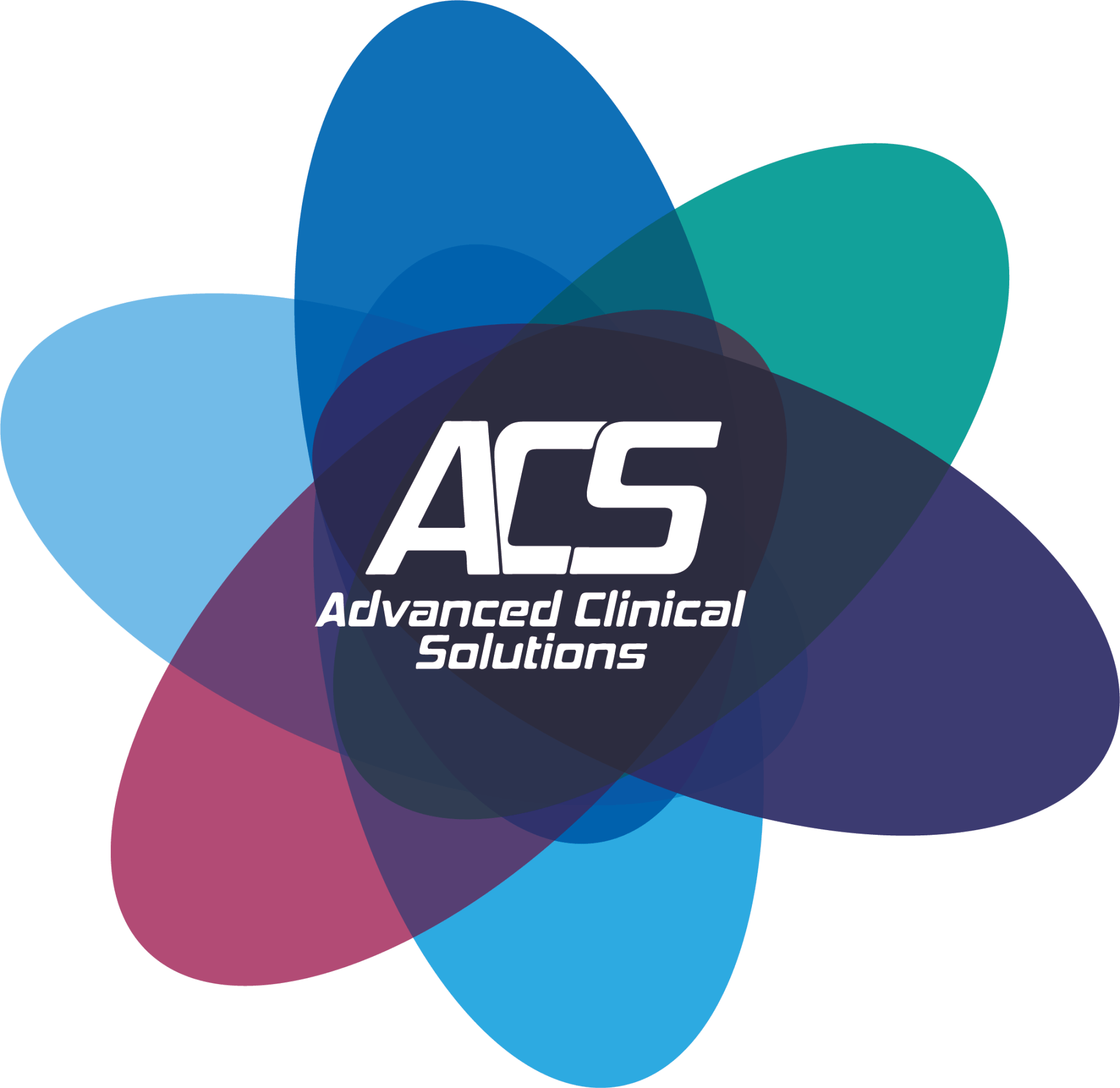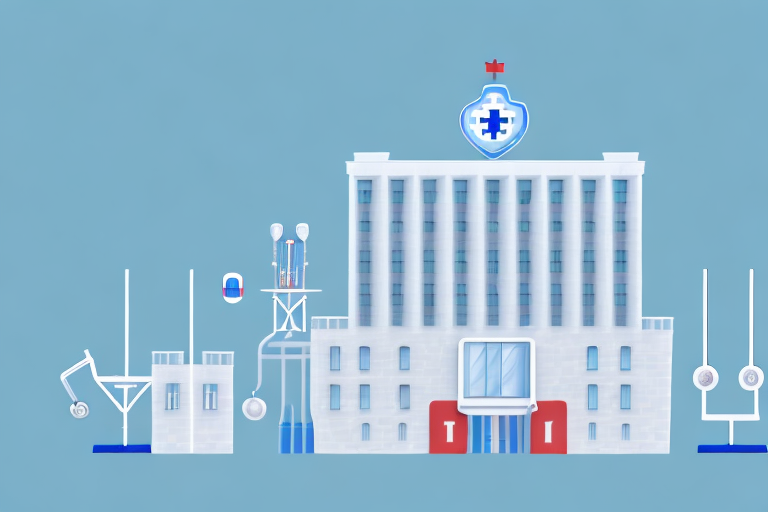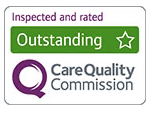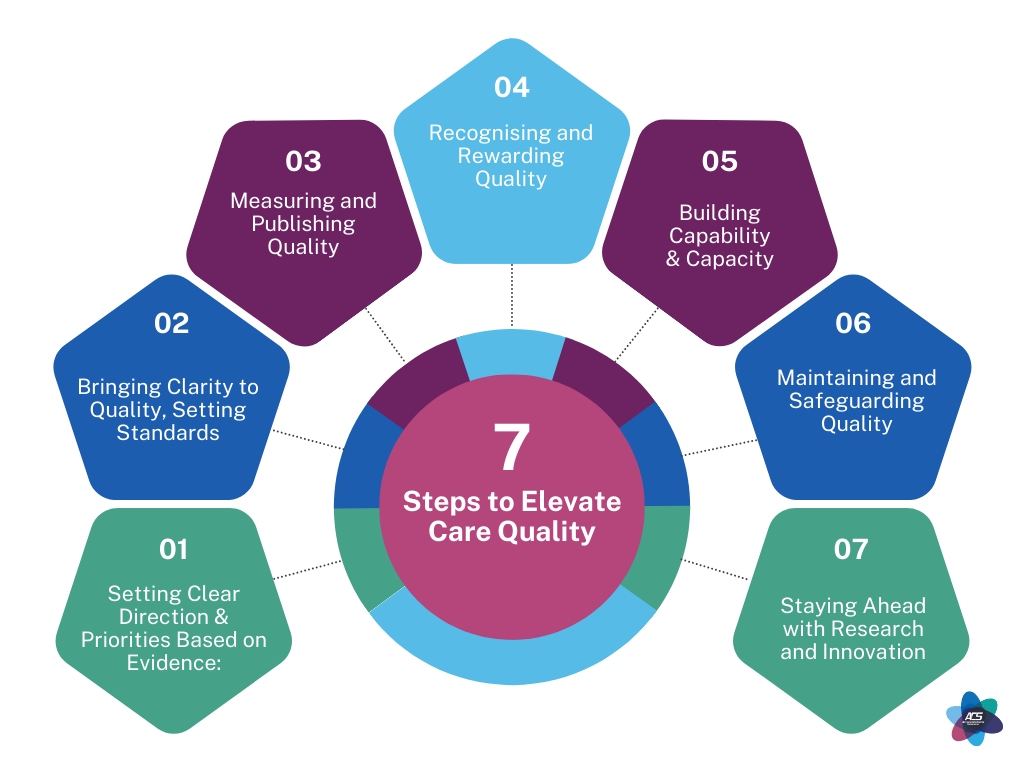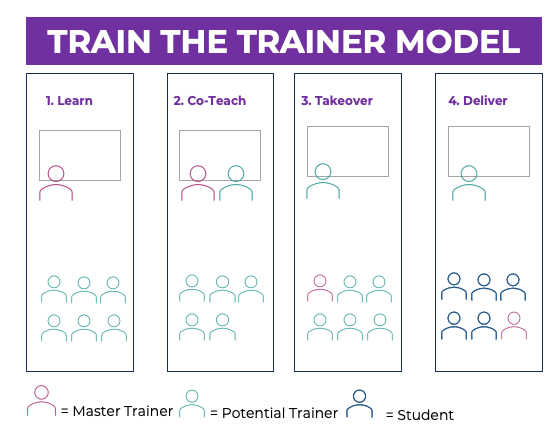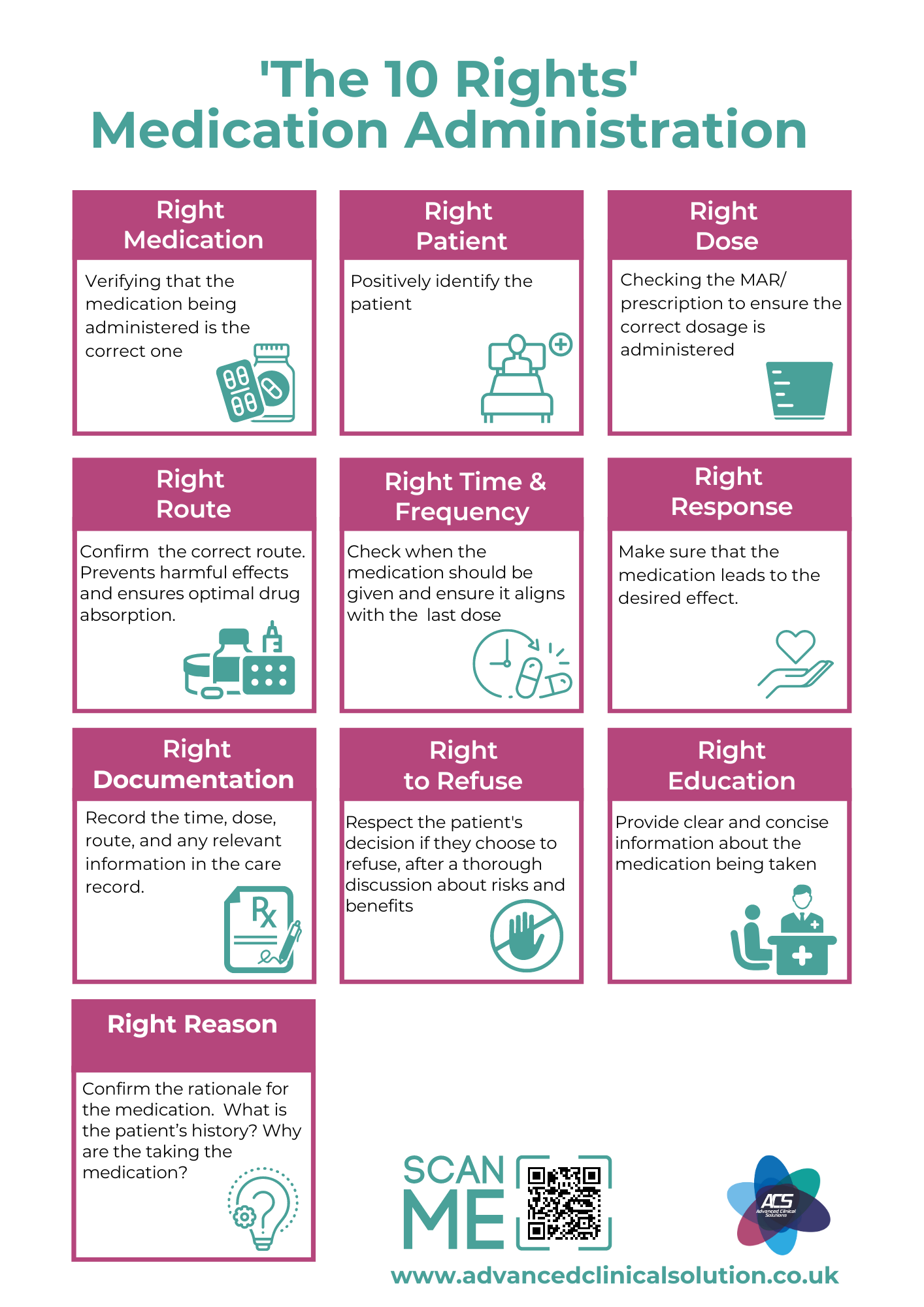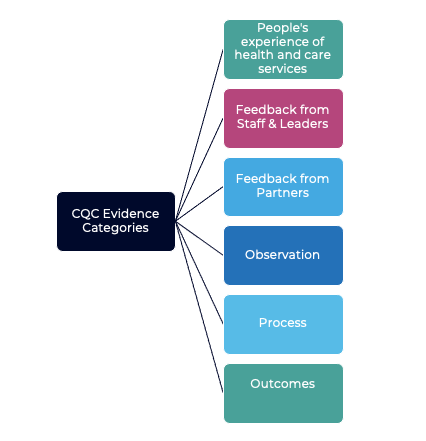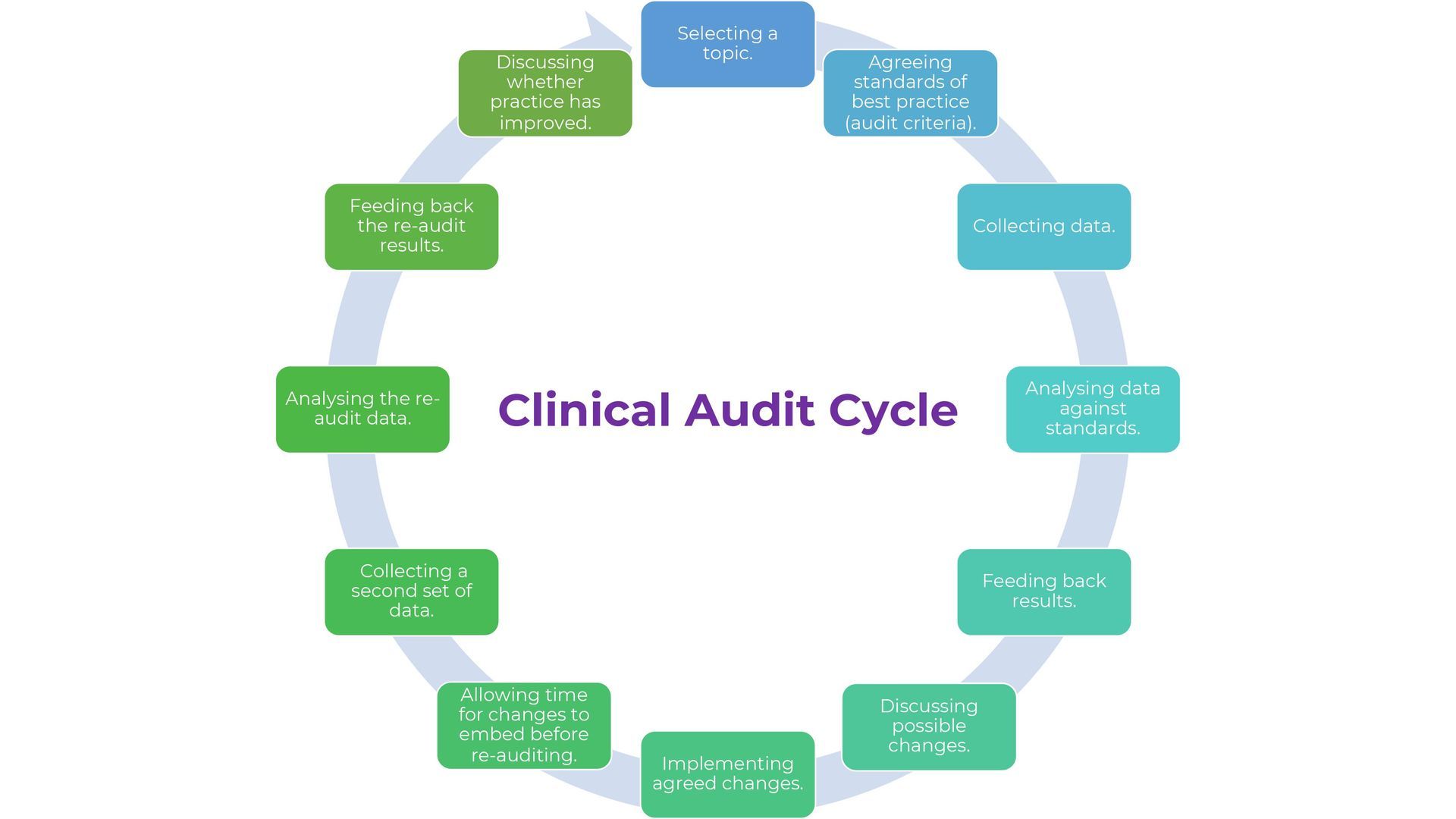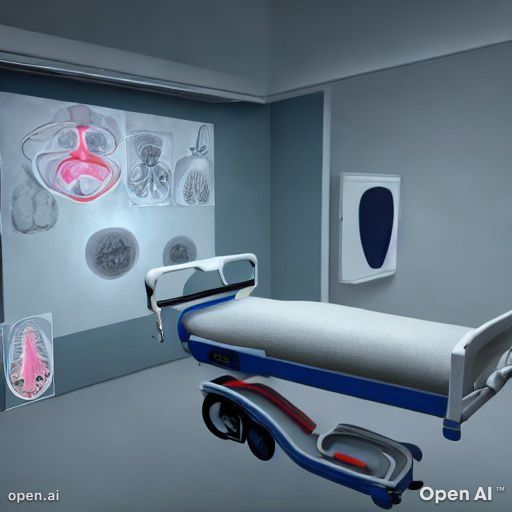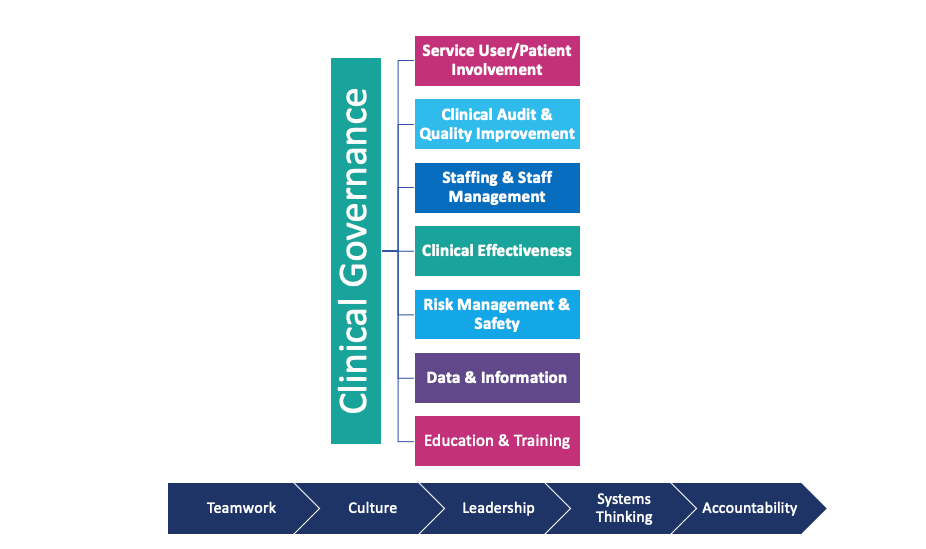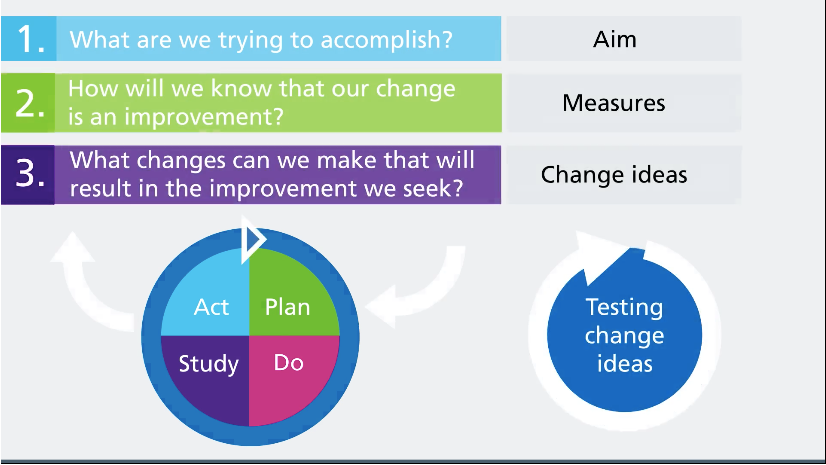Understanding the Current State of Care Standards
Coming to terms with the existing state of care standards requires an in-depth understanding of the roles of various factors influencing them. The overall quality of care relies heavily on the functionality and implementation strategies of regulatory bodies such as the CQC, along with the identified areas that need improvement.
The Role of Regulatory Bodies in Health & Social care
Regulatory bodies , such as the Care Quality Commission (CQC) in health and social care have a critical role in maintaining, assuring, and improving the quality of services provided. These bodies are responsible for establishing guidelines and standards that health and social care providers must adhere to in order to deliver safe and effective care to patients. One of the primary functions of regulatory bodies is to ensure patient safety. They enforce directives and regulations that health and social care providers must follow to protect patients from harm. These regulations cover a wide range of areas, including infection control, medication safety, safeguarding and more. Additionally, regulatory bodies play a crucial role in establishing a certain standard of care that every person receives, regardless of their socio-economic status. By implementing and enforcing standards, they strive to eliminate disparities in healthcare and promote equitable access to quality services for all.
Agencies like the CQC carry out inspections and ongoing monitoring to maintain a track of health and social care providers' activities. Through inspections and monitoring, they assess the compliance of organisations with the established standards and identify areas that need attention and improvement. Regulatory bodies collaborate with other stakeholders in the industry, such as professional associations and government agencies, to develop and update standards based on emerging research, technological advancements, and best practices. This continuous improvement process ensures that care standards remain up-to-date and aligned with the evolving needs of patients and providers.
Identifying Areas for Improvement
A pivotal step toward elevating care involves recognising areas that need clinical improvement.
This includes elements of areas such as patient safety, procedural efficacy, timely diagnosis, and overall health outcomes. Patient safety is a massive concern in health and social care. Regulatory and other bodies work closely with providers to develop protocols and guidelines that minimise the risk of errors and incidents. These protocols cover various aspects, such as infection prevention, medication administration, and surgical procedures, to ensure the well-being of patients throughout their care journey.
In addition to patient safety, regulatory bodies focus on procedural efficacy. This aims to optimise the efficiency and effectiveness of processes, pathways, reducing waiting times, improving workflow, and enhancing patient experience. By streamlining processes, providers can deliver care in a timely manner, leading to better outcomes.
Timely diagnosis is another area of clinical improvement that regulatory bodies emphasise. They encourage providers to adopt evidence-based practices and utilise advanced technologies to enhance the accuracy and speed of diagnosis. This enables early detection and prompt initiation of appropriate treatment, resulting in improved patient outcomes.Clinical improvements are not just about treating but also establishing proactive measures for prevention and health promotion. Regulatory bodies work collaboratively with healthcare providers to develop strategies for preventive care, such as immunisation and health education campaigns. By focusing on prevention, care systems can reduce the burden of disease and improve the overall health of the public and populations. Furthermore, regulatory bodies recognise the importance of making healthcare more accessible . They advocate for policies and initiatives that aim to reduce healthcare costs, expand insurance coverage, and improve healthcare infrastructure in underserved areas. These efforts contribute to ensuring that everyone has equitable access to quality healthcare services, regardless of their socio-economic background.
Regulatory bodies play a vital role in maintaining and improving healthcare standards. Through their guidelines, inspections, and collaborations, they strive to enhance safety, promote clinical improvement, and address the evolving needs of the health and social care industry. By continuously monitoring and refining standards, regulatory bodies contribute to the overall quality and effectiveness of services.
The Importance of High Standards
The significance of high care standards goes beyond just ensuring adequate care. It moulds patient care outcomes and the economics of healthcare. When it comes to healthcare, quality is key. High care standards not only ensure that patients receive the care they need, but they also have a direct impact on patient outcomes. This includes rates of morbidity, mortality, and complications. By adhering to high standards, providers can improve the overall quality of care and optimise patient recovery.One of the key benefits of high care standards is their ability to reduce the chances of complications and hospital re-admissions. By focusing on these areas, health and social care providers can ensure that they are providing the best possible care to their patients and helping them to achieve the best possible health outcomes.
Impact on Care and Outcomes
High care standards have a profound impact on patient care and outcomes. When health and social care providers prioritise these standards, they are able to deliver care that is not only effective but also safe and person-centered. People who receive care from providers who adhere to high standards are more likely to experience positive outcomes. This includes lower mortality rates and reduced complications. By implementing evidence-based practices and following established protocols, providers can ensure that their patients receive the best possible care. Furthermore, high healthcare standards contribute to the overall satisfaction of patients. When patients receive care that meets or exceeds these standards, they are more likely to feel valued and respected. This can have a positive impact on their overall experience and lead to increased trust and engagement in their own care.
The Economic Implications of Healthcare Standards
High care standards not only benefit patients but also play an instrumental role in shaping the economic aspects of healthcare. By adhering to these standards, providers can reduce costs and improve the overall efficiency of the system. One of the ways high care standards contribute to cost reduction is by preventing incidents and errors. These standards impose protocols and guidelines that help healthcare providers avoid mistakes and ensure the safety of patients. By minimising errors, providers can avoid costly complications and the need for additional treatments or procedures.
In addition, high standards also aim to reduce hospitalisation admission and length of stay. By implementing efficient care practices and focusing on early intervention, health and social care providers can help patients recover faster and reduce the length of hospital stays. This not only benefits patients but also reduces the burden on the NHS and lowers overall healthcare costs. Moreover, high care standards prevent unnecessary diagnostic procedures. By following evidence-based guidelines and protocols, healthcare providers can ensure that patients receive appropriate and targeted diagnostic tests. This helps to avoid unnecessary expenses and reduces the financial burden on patients and the healthcare system as a whole. On a larger canvas, healthcare standards act as a transmission mechanism ensuring the efficient use of resources. By promoting best practices and evidence-based care, high standards help care providers allocate resources effectively and avoid wasteful spending. This ultimately strengthens the economic stability of the health and social care system and allows for better allocation of resources to meet the needs of patients.
Strategies for Bridging Care Quality Improvement and Regulatory Compliance
Central to achieving higher care standards is bridging care quality improvement and regulatory compliance. This involves enhancing communication between providers and regulators and implementing evidence-based practices.When it comes to enhancing communication between providers and regulators, there are several key strategies that can be employed. One of the foremost strategies in this process involves facilitating an open, effective communication line between providers and regulatory bodies. This can be achieved through regular meetings, conferences, and forums where both parties can come together to discuss regulations, contribute to policy-making, and share insights for continual improvement. Effective communication also promotes understanding and co-operation, bridging the gap between practices and regulatory norms. By fostering an environment of open dialogue and collaboration, providers and regulators can work together to ensure that care standards are not only met, but exceeded.




